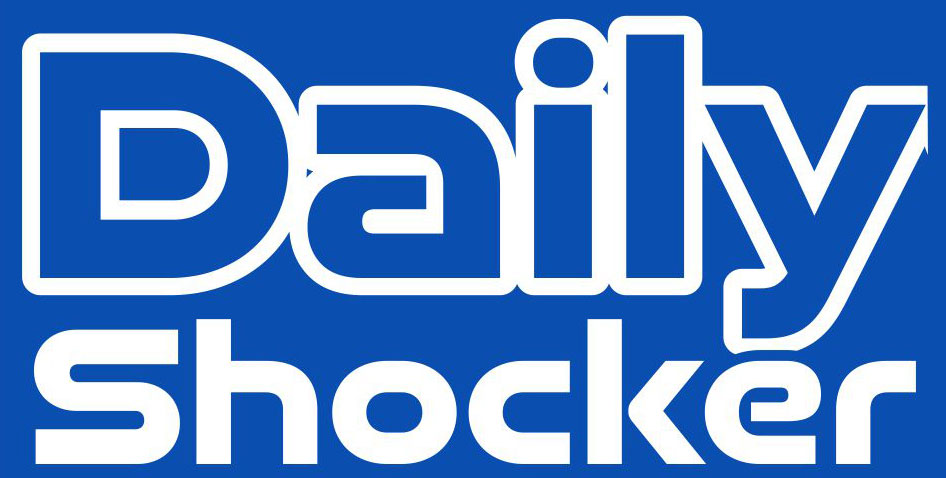
Richard M. Schulze sold 16,254 shares of Best Buy, reducing his stake to 16,873,849 shares, signaling insider confidence levels.
Best Buy’s stock climbs to $85.75 following a significant upgrade from Citigroup, indicating a positive market outlook.
Financial ratios such as the price-to-earnings (P/E) ratio of 15.12 and debt-to-equity (D/E) ratio of 0.57 highlight Best Buy’s solid financial health and market valuation.
On Monday, June 3, 2024, Richard M. Schulze, the Chairman Emeritus of Best Buy Co Inc (NYSE:BBY), sold 16,254 shares of the company’s Common Stock at a price of $86.4972 each. This transaction reduced Schulze’s stake in the company to 16,873,849 shares. Such insider trading activities are closely monitored by investors, as they can provide insights into the confidence levels of a company’s executives and major shareholders about the firm’s future prospects.
Best Buy Co., Inc., a leading retailer in the electronics sector, has recently seen its shares climb by 1.1% to $85.75. This increase is particularly noteworthy as it follows a significant endorsement from Citigroup, which upgraded Best Buy’s rating to “buy” from “sell” and raised its price target to $100 from $67. This upgrade reflects a positive outlook on Best Buy’s financial health and market position, pushing the stock to a 12-month high.
The optimism from Citigroup is based on several factors, including an anticipated rise in same-store sales for Best Buy. Such upgrades are rare and indicate a strong belief in the company’s potential for growth. Analysts at Citi, including Steven Zaccone, believe that Best Buy is poised for a significant uplift, suggesting a positive shift in the company’s stock trajectory. This is a clear signal to investors about the potential for increased value in Best Buy’s shares.
Financially, Best Buy exhibits a price-to-earnings (P/E) ratio of approximately 15.12, indicating the amount investors are willing to pay for each dollar of earnings, which is a crucial metric for assessing a company’s valuation. The price-to-sales (P/S) ratio stands at roughly 0.44, suggesting a relatively low valuation of the company’s sales by the market. Additionally, the enterprise value to sales (EV/Sales) ratio of about 0.50 and the enterprise value to operating cash flow (EV/OCF) ratio of approximately 11.03 highlight the company’s moderate market valuation in relation to its sales and its valuation in terms of operating cash flow, respectively. These financial ratios provide a comprehensive view of Best Buy’s market valuation and financial health.
Moreover, Best Buy’s debt-to-equity (D/E) ratio of approximately 0.57 indicates a balanced approach to financing with a mix of debt and equity, suggesting a stable financial structure. The current ratio of about 1.01 further supports the company’s ability to meet its short-term liabilities with its short-term assets, underscoring its financial stability. These financial metrics, combined with the positive outlook from analysts, suggest that Best Buy is well-positioned for future growth, making it an interesting prospect for investors.

